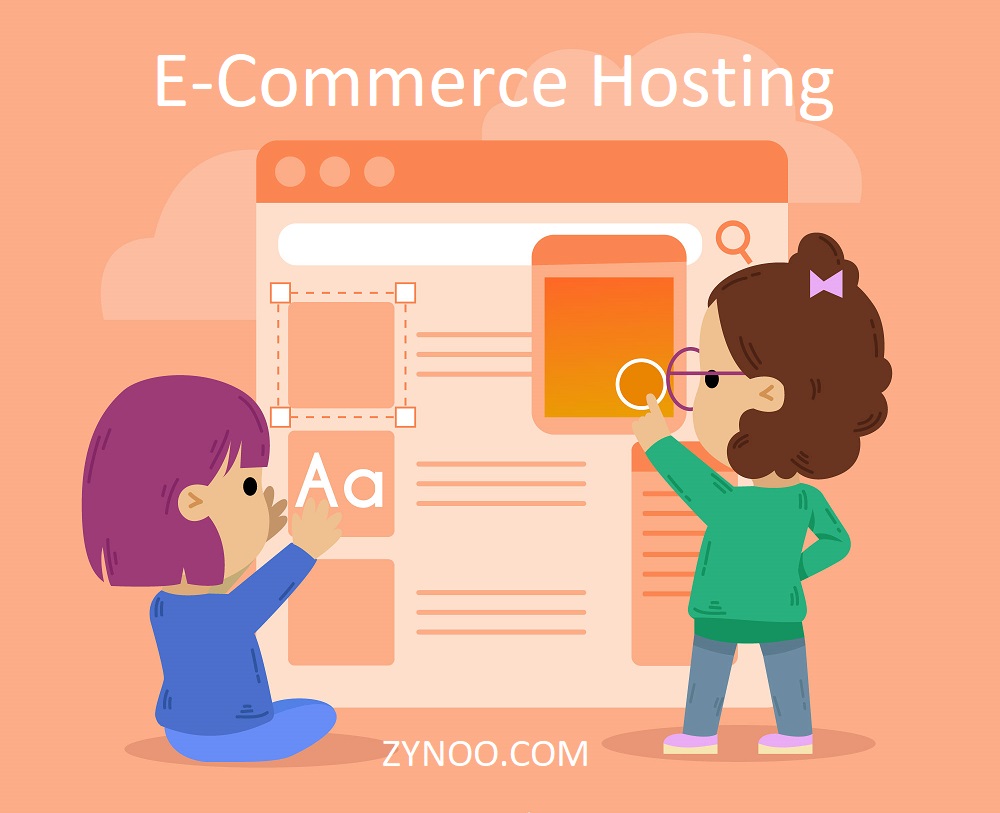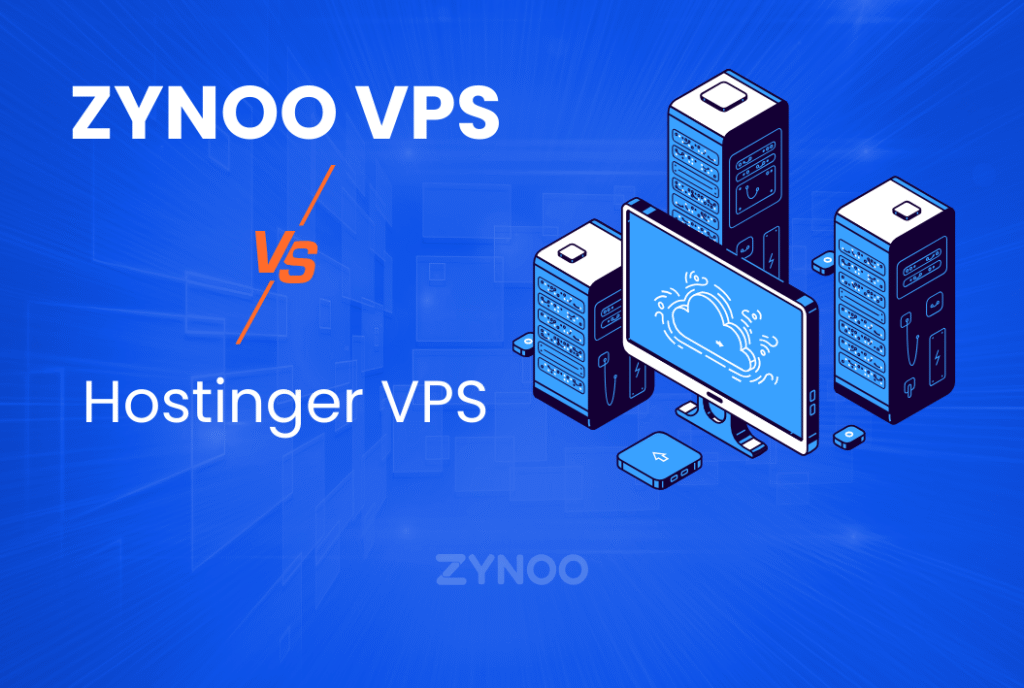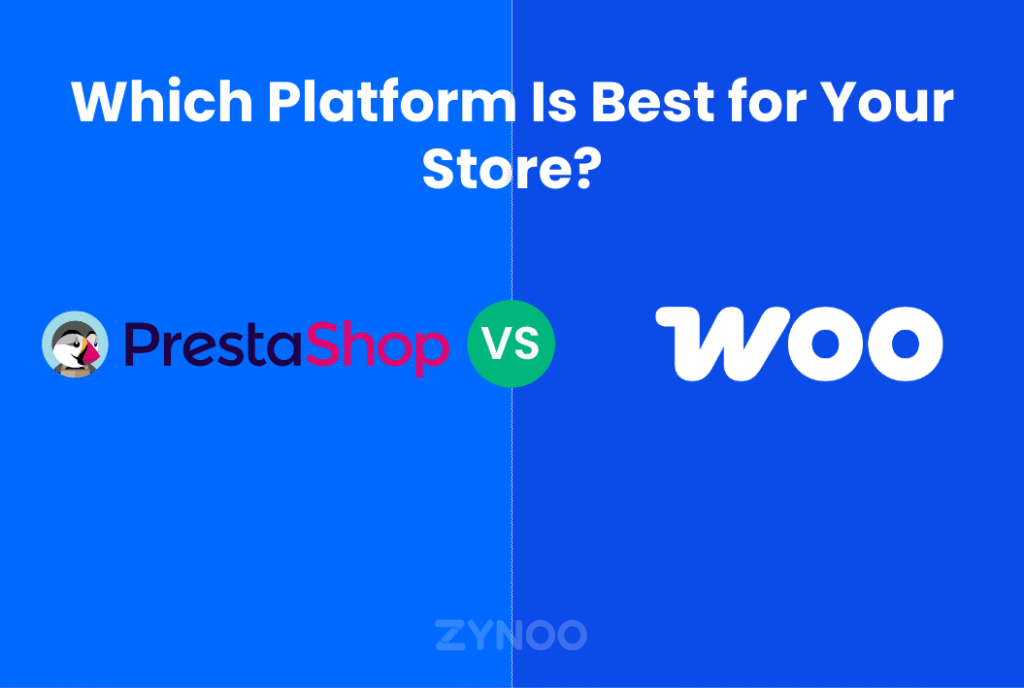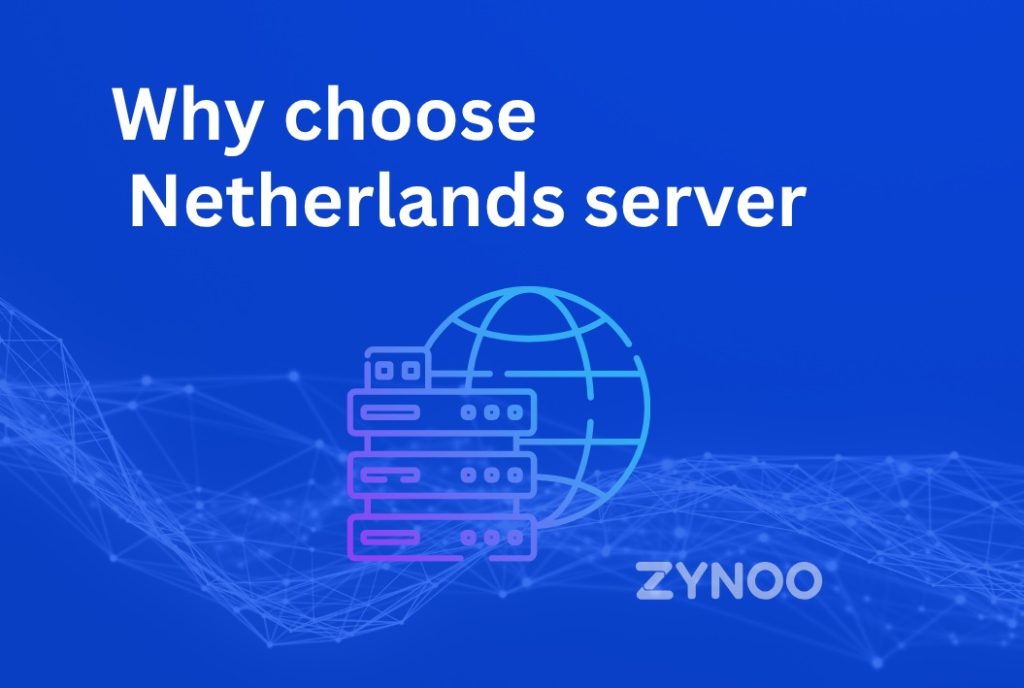
In the expansive realm of e-commerce, where virtual marketplaces have transcended geographical boundaries, setting up an online store has become both an opportunity and a challenge for entrepreneurs. Aspiring business owners are often drawn to the allure of reaching a global audience, yet amidst the excitement, the foundational aspect of e-commerce hosting is frequently overlooked. Selecting the right hosting provider and comprehending its nuances are critical steps that can profoundly influence the trajectory of an online business. This comprehensive guide aims to illuminate the essential considerations one must address before embarking on the journey of launching an online store.
Understanding E-commerce Hosting
Before delving into the intricacies of e-commerce hosting, it’s imperative to grasp its fundamental concept. E-commerce hosting refers to the specialized hosting services tailored to meet the unique demands of online stores. Unlike conventional web hosting, which primarily focuses on serving web pages, e-commerce hosting is engineered to facilitate online transactions, manage product inventories, and ensure secure payment processing. In essence, it serves as the digital infrastructure that underpins the entire e-commerce operation.
Key Considerations Before Launching Your Online Store
1. Performance and Reliability
The performance and reliability of your hosting provider are paramount. A sluggish website or frequent downtime can dissuade potential customers and tarnish your brand’s reputation. When evaluating hosting options, prioritize providers with robust infrastructure, high uptime guarantees, and scalable resources capable of accommodating fluctuations in website traffic.
2. Security Features
Security is non-negotiable in the realm of e-commerce. With cyber threats lurking at every corner of the digital landscape, safeguarding sensitive customer data is a top priority. Ensure that your hosting provider implements stringent security measures, including SSL encryption, PCI compliance for payment processing, regular security audits, and robust DDoS protection.
3. Scalability and Flexibility
As your online business evolves and expands, your hosting infrastructure must adapt accordingly. Opt for a hosting provider that offers scalable solutions, allowing you to seamlessly upgrade your resources as your website traffic and product catalog grow. Additionally, prioritize providers that offer flexibility in terms of customization and integration with third-party e-commerce platforms and software.
4. Customer Support
In the dynamic realm of e-commerce, technical issues can arise at any moment. Having access to reliable customer support can be the difference between a minor hiccup and a full-blown crisis. Prioritize hosting providers that offer 24/7 customer support through multiple channels, including live chat, email, and phone, ensuring assistance is readily available whenever you need it.
5. Pricing and Cost Considerations
While cost shouldn’t be the sole determining factor, it’s essential to consider your budget when selecting an e-commerce hosting provider. Compare pricing plans and evaluate the features and resources included in each plan to determine the best value for your investment. Remember, quality hosting is an investment in the long-term success of your online store.
6. Integration Capabilities
Integrating your online store with various tools and platforms is essential for streamlining operations and enhancing the customer experience. Choose a hosting provider that offers seamless integration with popular e-commerce platforms like Shopify, WooCommerce, Magento, or BigCommerce, enabling you to leverage a diverse ecosystem of plugins and extensions.
7. Backup and Disaster Recovery
Data loss can be catastrophic for an online store, leading to financial losses and reputational damage. Ensure that your hosting provider offers robust backup and disaster recovery solutions to safeguard your website data against unexpected events such as hardware failures, cyber-attacks, or accidental deletions. Regular backups and automated recovery procedures are essential for ensuring business continuity.
8. Performance Optimization Tools
Optimizing the performance of your online store is crucial for providing a seamless shopping experience and improving conversion rates. Look for hosting providers that offer performance optimization tools such as content delivery networks (CDNs), caching mechanisms, and server-side optimizations to reduce page load times and enhance website responsiveness.
9. Compliance and Legal Requirements
Operating an online store entails compliance with various legal and regulatory requirements, including consumer protection laws, data privacy regulations, and taxation rules. Ensure that your hosting provider complies with relevant standards and regulations applicable to your business, such as GDPR (General Data Protection Regulation) for EU-based customers or PCI DSS (Payment Card Industry Data Security Standard) for handling payment information.
10. Migration and Onboarding Support
If you’re transitioning from an existing hosting provider or launching your first online store, seamless migration and onboarding support can simplify the process and minimize disruption to your business operations. Choose a hosting provider that offers comprehensive migration assistance, including website transfer services, domain setup, and configuration guidance to ensure a smooth transition.
Conclusion
Launching an online store is an exhilarating endeavor, but it requires meticulous planning and strategic decision-making, especially when it comes to e-commerce hosting. By understanding the essentials of e-commerce hosting and carefully evaluating your options, you can lay a solid foundation for your online store’s success. From performance and security to scalability and support, prioritizing these key considerations will empower you to create a robust and resilient e-commerce presence that delights customers and drives sustained growth. Remember, the journey of building a successful online store begins with selecting the right hosting provider—one that aligns with your business goals, values, and aspirations.



